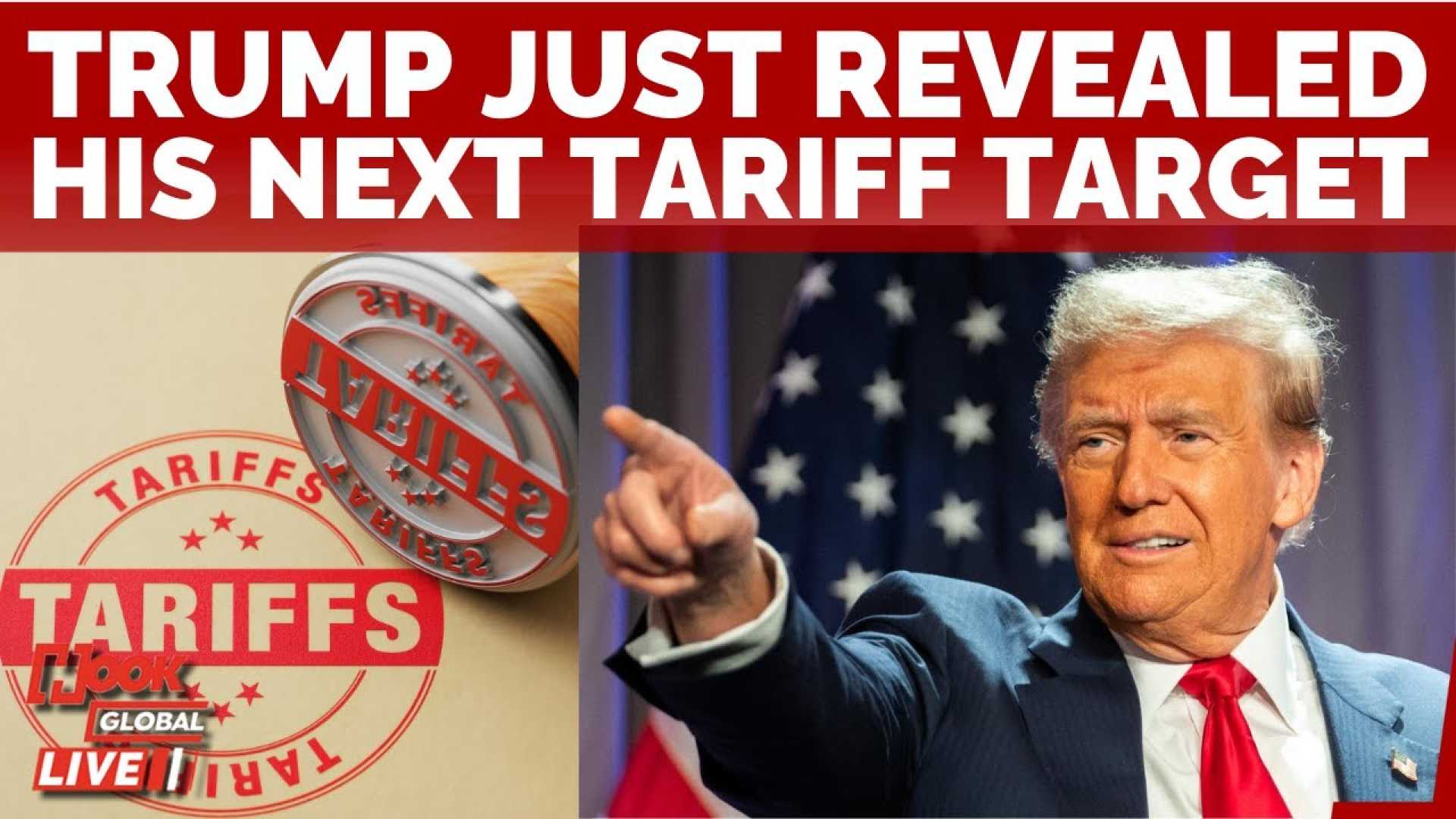Business
U.S. Markets Rally After Trump Pauses Tariffs for 90 Days

NEW YORK, N.Y. — U.S. markets experienced a dramatic turnaround on Wednesday as investors reacted positively to President Donald Trump‘s announcement of a 90-day pause on new tariffs for most countries. This decision followed a tumultuous week characterized by significant market declines amid escalating trade tensions. The S&P 500 surged 7.9%, the Dow Jones Industrial Average gained 9.5%, the Nasdaq soared 12.2%, and the Russell 2000 bounced back with an 8.7% increase.
Despite the surge, all four indices remain considerably lower than their high points earlier in the year. Jim Cramer, host of CNBC’s “Mad Money,” emphasized the importance of maintaining a long-term investment strategy during volatile market conditions, noting that those who exited the market during recent sell-offs missed out on substantial gains.
“Learn to take the pain,” Cramer advised. “Staying the course is how you make the biggest money.” He remarked on the detrimental effects of emotional selling, particularly in light of one of the largest short squeezes in market history taking place on Wednesday.
Cramer pointed out that Trump’s administration has tied to reshape U.S. trade relations rather than destroy the economy. “If his policies are destroying stocks, he will eventually change course,” he said. “For now, people who stuck with their investments during this volatility were greatly rewarded.”
Despite the swift upward movement, Cramer warned investors about the ongoing uncertainty surrounding Trump’s trade policies. Notably, major tech stocks like Apple and Nvidia rebounded sharply, with Apple’s stock rising over 15% and Nvidia soaring nearly 19%, despite both companies being vulnerable to China’s tariffs.
<p“The U.S. receives a host of products from China,” Cramer noted, citing the potential impactful tariffs on equipment for electronics, household goods, and numerous consumer products. He urged caution, saying those who prematurely sell companies at their lows risk significant financial losses.
As financial uncertainties lingered, analysts observed a significant rise in government bond yields, raising alarms about a potential financial crisis. The rise in bond yields was attributed to a combination of overleveraged investors liquidating holdings and foreign governments selling bonds. Sources familiar with the White House revealed that the increasing economic turmoil was a major factor driving Trump’s decision to implement the tariff pause.
Market analysts, however, also cautioned about the challenges ahead. The volatility in recent days has led to wild swings in the S&P 500, moving from a 4.8% drop to a 9.5% increase within the same week. Some experts warn that the rapid shifts indicate ongoing instability that could slow economic growth and aggravate inflation.
The potential for a recession remains a subject of debate. Analysts speculate that if a recession occurs, it may not be immediately reflected in stock prices, setting the stage for markets to react before consumers feel the impact of economic downturns.
Amid these concerns, Cramer highlighted the importance of adapting and preparing for a range of economic scenarios. He expressed hope for negotiations that could stabilize trade relations while acknowledging the significance of tariffs on everyday products.
As market activity continues, investors remain alert to how changes in U.S. trade policy will affect both the economy and the financial markets in the months to come.












